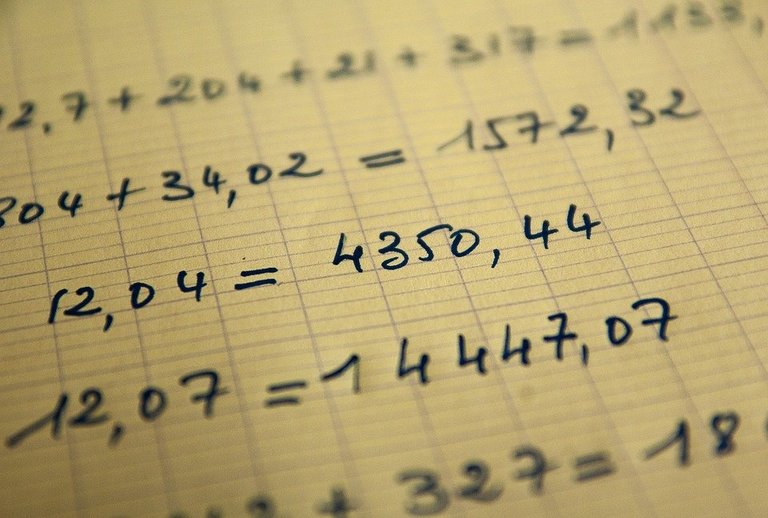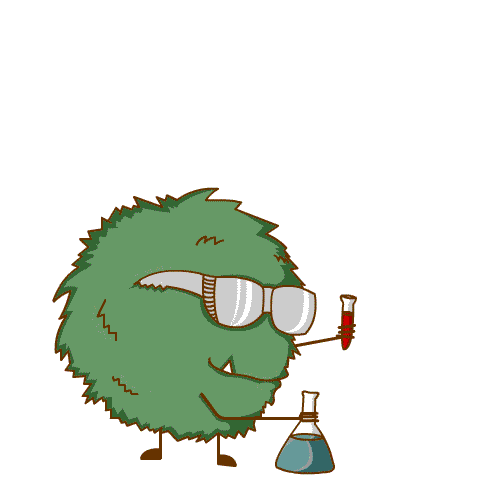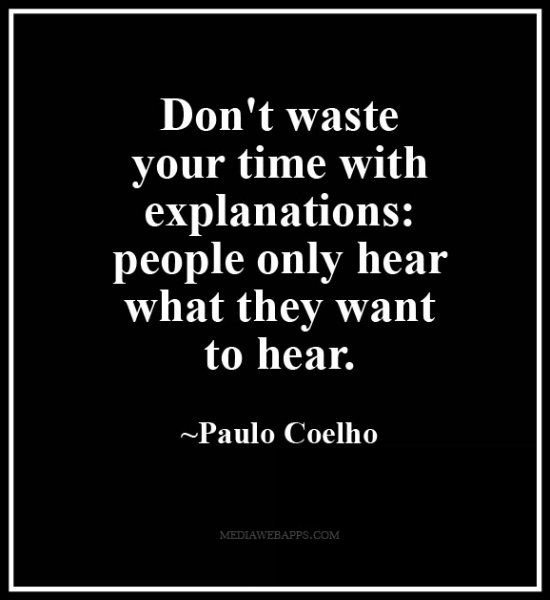
And today in my ”Understanding Research” series: Confirmation Bias
It’s one of the biggest issues when it comes to research. Just imagine, you are looking for a certain result. You spend weeks, months, maybe even years on experiments and collect results. Would you want to just accept that your hypothesis was wrong?
Of course not. And at this point, confirmation bias does its work.
Researchers usually don’t intentionally fake their results but it can be very easy to fool yourself into thinking that the results are showing exactly what you expect them to show. And when you interpret the results in a certain way, you write them it down like this.
Another kind confirmation bias is either giving results contradicting your beliefs less value or even straight out ignore them.
And this doesn’t only apply to scientific research but happens to everyone, especially when two people believe in two different things and argue about it. They both have the same evidence, the same results but both interpret it in their own way. The resulting conflict can rarely be resolved as the discussion tends to get more and more emotional.
So how can you avoid confirmation bias? It’s tricky. You need to force yourself to accept that your beliefs are wrong and look at the existing evidence in not just one but several ways. If it still confirms your hypothesis, great! Show it to someone else too. If not, maybe your hypothesis is wrong. Or maybe your experiment failed.
Read More:
Confirmation Bias – Science Daily
Got a scientific topic which you want to see as a story? Leave me a comment!
You want to support scientists on Steemit? You are a scientist on Steemit? Join the #steemSTEM channel on steemit.chat and connect with us!
STEM is an acronym for Science, Technology, Engineering and Math

For this reason, in particle physics, we always have at least two experiments doing the same thing. For instance, at the LHC, we have the ATLAS and CMS detectors looking for the same physics: measuring better what we know and discovering new phenomena. There is a healthy competition between both experiments (they both want to be the first) and observing something in one experiment and not in the other would look suspicious (nature likes statistical fluctuations).
Confirmation bias shows up everywhere, I'd almost argue it's more useful to know as a mental model for life itself. We look for evidence to support our beliefs, not disprove them.
Maybe we all need to be a little more scientific in our daily lives as well ;)
~ Kevin
Important issue to point out!
I cannot overstress how common the confirmation bias is and how harmful it is to the reproducibility and credibility of reported results in science.
This is also a good opportunity for people to understand the difference between being uninterested and disinterested in a subject. Two words most won't really care to differentiate.
Ideally, you would want a researcher to be disinterested in the topic they study, but not uninterested. Meaning, they have no preferences as to what the outcome will be but are interested in finding the right answer.
It's a tricky thing to live out in practice, but most scientists I've come to know through work and studies have a level of respect for the scientific method and the collective pursuit of truth at all cost, that they do fairly well.
But the short answer is of course that this is why you need experiments that are easily repeatable ;)
Confirmation bias, and its close cousin publication bias are two serious plagues on science. Hopefully replication experiments become better funded and more common in the next few decades! Great post.
I think what @suesa said is more applicable to social sciences. It's more difficult to fight this confirmation bias in a social sciences research.

In life, we want to say what we believe is right and people want to hear only what they believe is right. Thi reminds me of a famous quote from a great writer:
[Source]
Good job @suesa. Loved reading this post.
STEEM ON!
I'm pretty sure it happens in other sciences too. I've caught myself "overlooking" results I didn't like or adjusting pictures that turned out differently than I wanted. It wasn't something conscious, I just felt the need to adjust the results to my expectations.
Of course, when I noticed that, I corrected it. But it can happen faster than you might think.
I myself have been a science student so I understand what you are talking about. It's just that I have no proofs/evidences to support this viewpoint.
Agreed.
Hello @suesa! In school, we are taught about academic writing. What stood out to me was that even when you have a thesis for a side, you still need to provide evidence that challenges it from opposing angles. In running experiments, having only one part of a hypothesis or argument doesn't hold unless you can see the whole picture. I enjoyed that you wanted to instill that hypotheses can be wrong.
The only things you can gain from a failed experiment is experience and learning. By being wrong, you can grow and learn what's right.
Mahalo!
@shello
Also, highly recommend this short example by Steven Pinker. For those of you who want to test out if you can overcome your innate confirmation biases ;) or just observe how most students fail this exercise^^
Had to go watch it again after reading your post :P
But how can we prove our assumptions to be wrong..we used to set our hypothesis on the basis of of certain proofs..which we think would happen .
And once a study is accepted its rarely questioned.
Scientific bias will occur when the results could not support the established hypothesis. Shame...
this happens in research, thanks for searching.
We wired with biases. There is more than 25 them. We hardly able to come up with proper conclusion.
It's tougher in the scientific community especially those who spent their lives for years of research. Although it's fiction, the first one that popped in my mind is fantastic 4's villain, Victor von Doom.
Nice posting
Resteemed.
You're absolutely correct. Also, through systematic reviews of randomized trials, confirmation bias can be avoided
it's very interesting! and i like the Monster GIF :D i just had 2 posts about monsters so it's a close topic to me :D
It is true,
what you write in your article
this is really very difficult, even harder than I imagined, but we should be able to prove to everyone, take it right ..
great experiments.. @suesa
This confirmation bias shows up everywhere you look when look at politics or any controversial opinion for that matter. You always need to be self-aware and fact checking your own beliefs when something is presented to you in order to be as impartial as possible and take it for what it is instead of what you would like it to be.
The book "thinking fast and slow" discusses this topic in a quite interesting way and show that even the most experienced scientists are effected by it.
I'm reading it right now!
Great post
Very interesting
hi my dear friend nice post please visit my page i posted aboutscience and etc I would be happy if you like to follow me and give your opinion about my posts.
I want to be with your friend